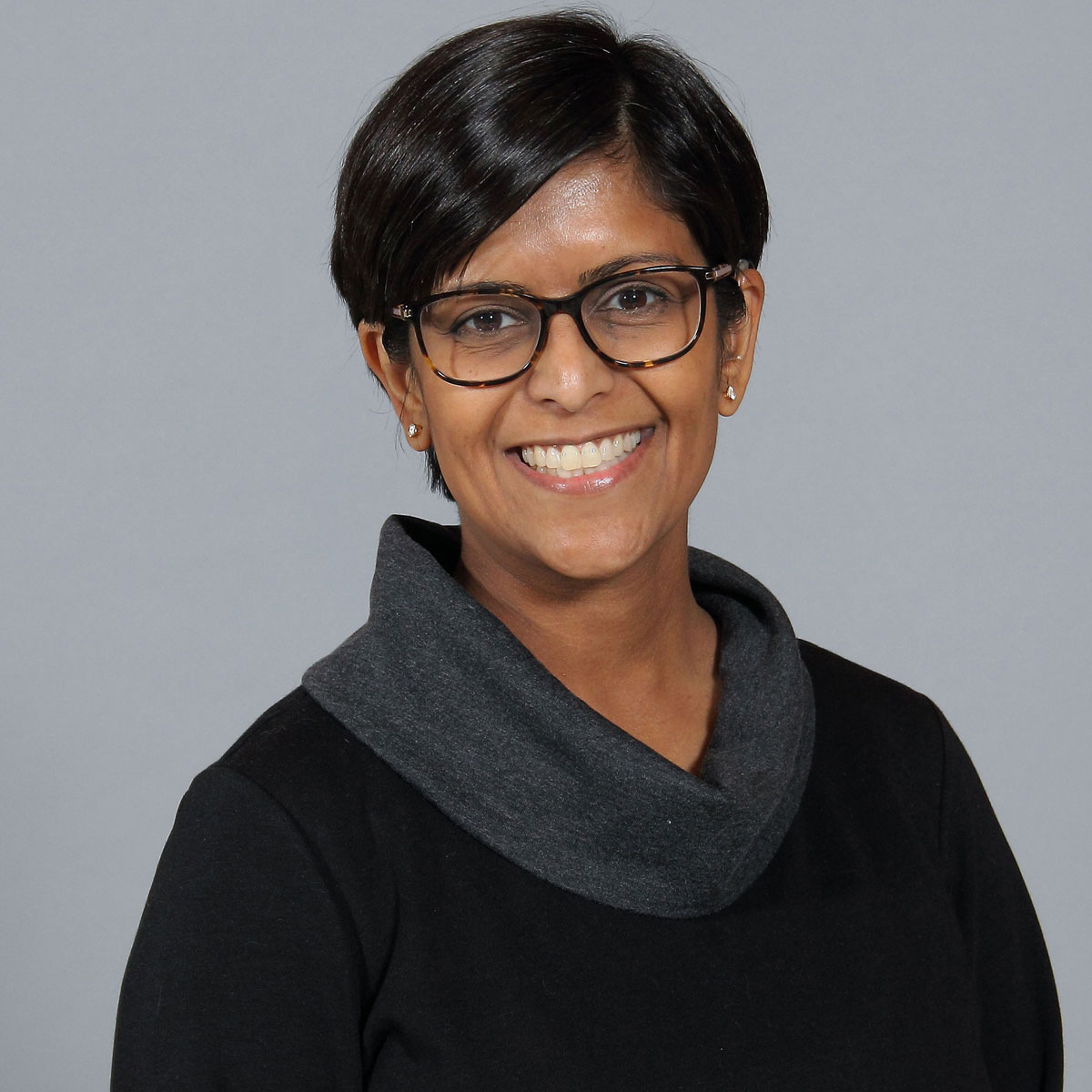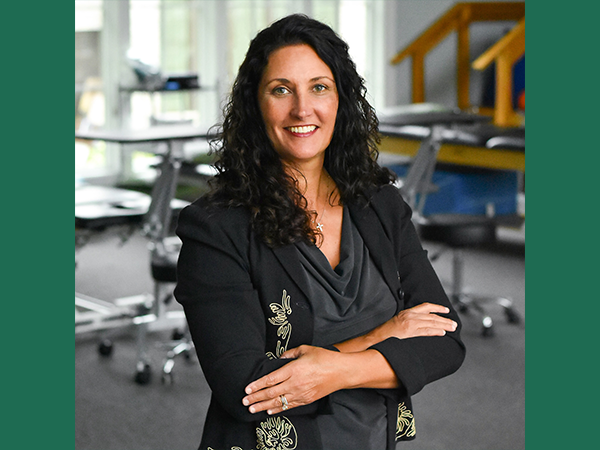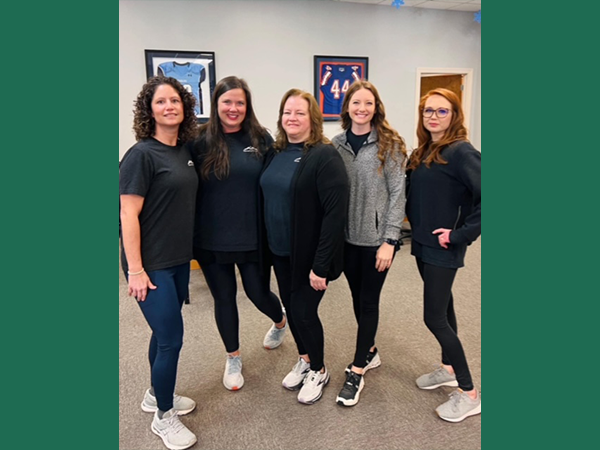In 1987, President Ronald Reagan dedicated March as National Developmental Disabilities Month to increase awareness for Americans with developmental disabilities and to provide “both encouragement and the opportunities they need to lead productive lives and achieve their full potential.” This designation was part of a small but important shift in public perception and sparked grass-roots movements, which eventually led to landmark legislation, such as the Americans with Disabilities Act of 1990 and later the Individuals with Disabilities Education Act.
UAB has been committed to advocating and improving resources for the developmental disability community of our state. UAB Civitan Sparks Clinics are an integral part of the Alabama University Center for Excellence in Developmental Disabilities Research, Education, and Service (UCEDD) and home to the Maternal and Child Health Bureau’s Leadership Education in Neurodevelopmental and Related Disabilities training program (LEND).
 Dr. Snehal KhatriAccording to the CDC, developmental disabilities include a broad range of conditions that cause an impairment of physical, language, behavioral and learning development. These conditions typically begin early in life and can be lifelong. Today in the U.S., one in six children have developmental disabilities or intellectual disorders, including cerebral palsy, autism and attention deficit hyperactivity disorder. With improvements in health care, education and technology, individuals with developmental disabilities are receiving support to improve health and happiness, but there remains a need to improve independence and life satisfaction across the lifespan.
Dr. Snehal KhatriAccording to the CDC, developmental disabilities include a broad range of conditions that cause an impairment of physical, language, behavioral and learning development. These conditions typically begin early in life and can be lifelong. Today in the U.S., one in six children have developmental disabilities or intellectual disorders, including cerebral palsy, autism and attention deficit hyperactivity disorder. With improvements in health care, education and technology, individuals with developmental disabilities are receiving support to improve health and happiness, but there remains a need to improve independence and life satisfaction across the lifespan.
As we recognize and celebrate Developmental Disabilities Month, let us focus on how each of us in the UAB community can improve awareness and accessibility to all individuals by truly having diversity, equity and inclusion in our work. This can include sharing your story, having individuals with disabilities in your research studies, engaging people with lived experience in various aspects of your work – study design, clinical improvements – having individuals with disabilities represented in your department or division, implementing inclusive hiring practices, and working toward an environment of universal design improving access for all stakeholders, including trainees, faculty, and staff and community members.
Dr. Snehal Khatri is a Developmental Behavioral Pediatrician at UAB Civitan Sparks Clinics and is the director of Sparks Pediatrics, a primary care clinic that serves all children. She is an Associate Professor in the Department of Pediatrics and LEND/UCEDD faculty. She is hard of hearing due to a genetic condition and relies on hearing aids, amplification devices, and closed captioning to assist with her work.
Dr. Sarah O’Kelley and Dr. Justin Schwartz also contributed to the piece. O’Kelley is an associate professor in the UAB department of psychology. She is also the director of the Autism Spectrum Disorders Clinic at UAB Civitan Sparks Clinics and the training director at LEND. Schwartz is an associate professor in the UAB Department of Pediatrics and is the director of Developmental & Behavioral Pediatrics Resident Rotation.

